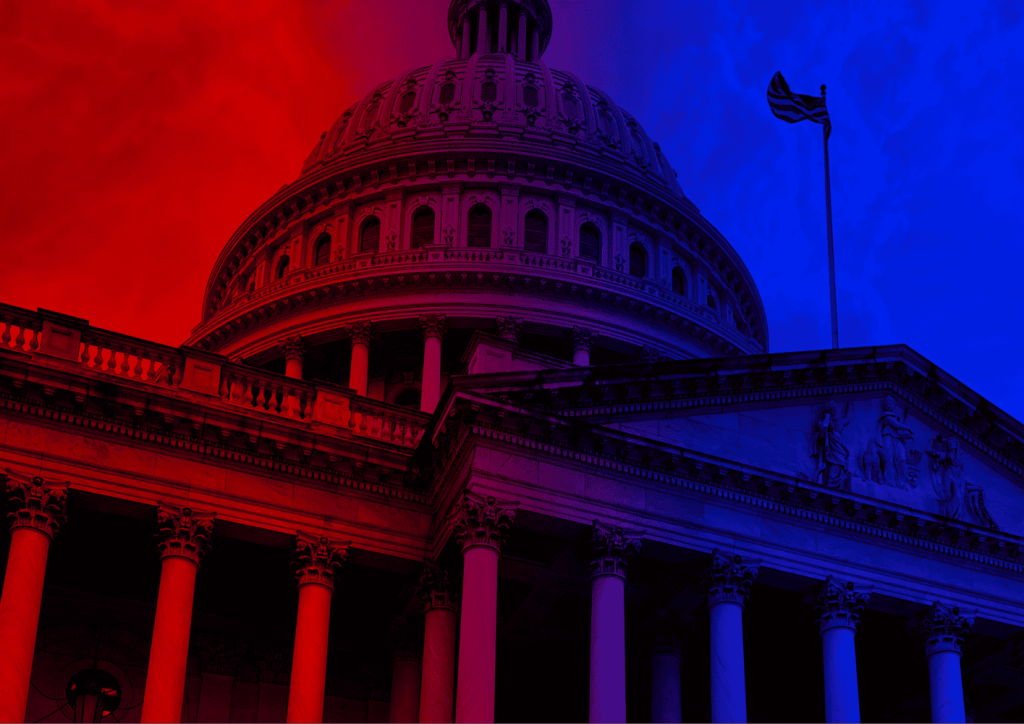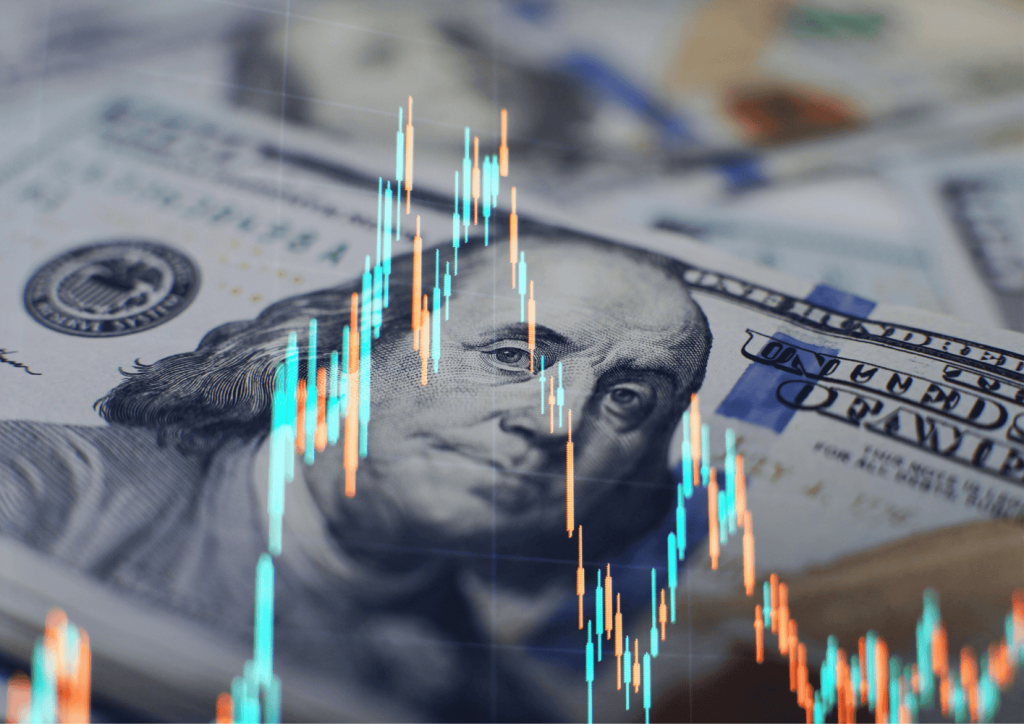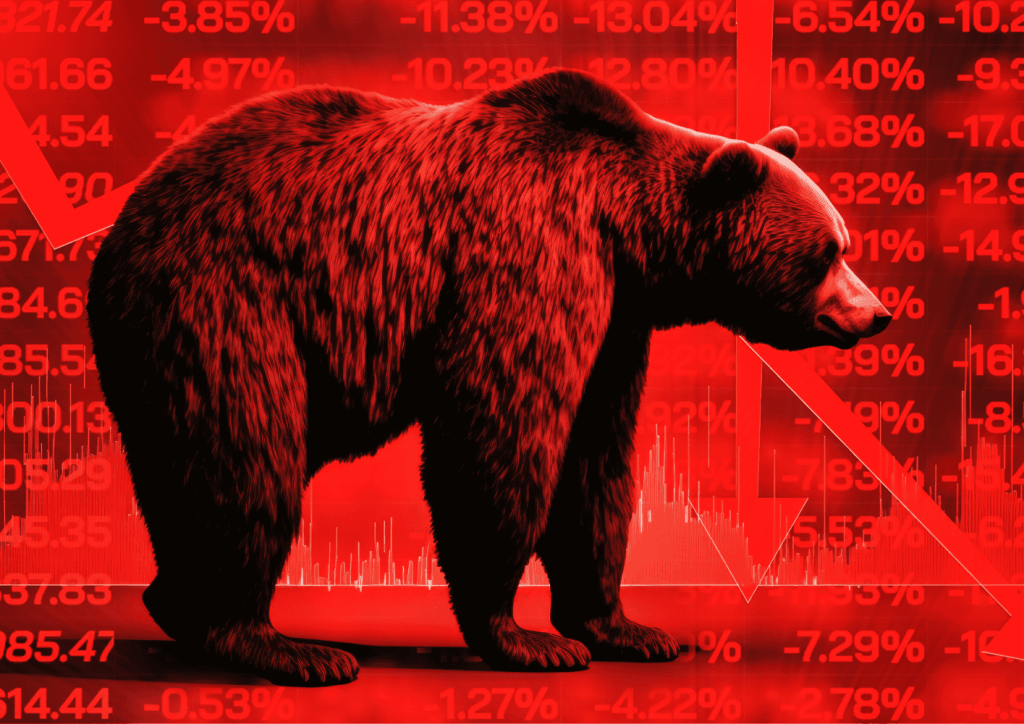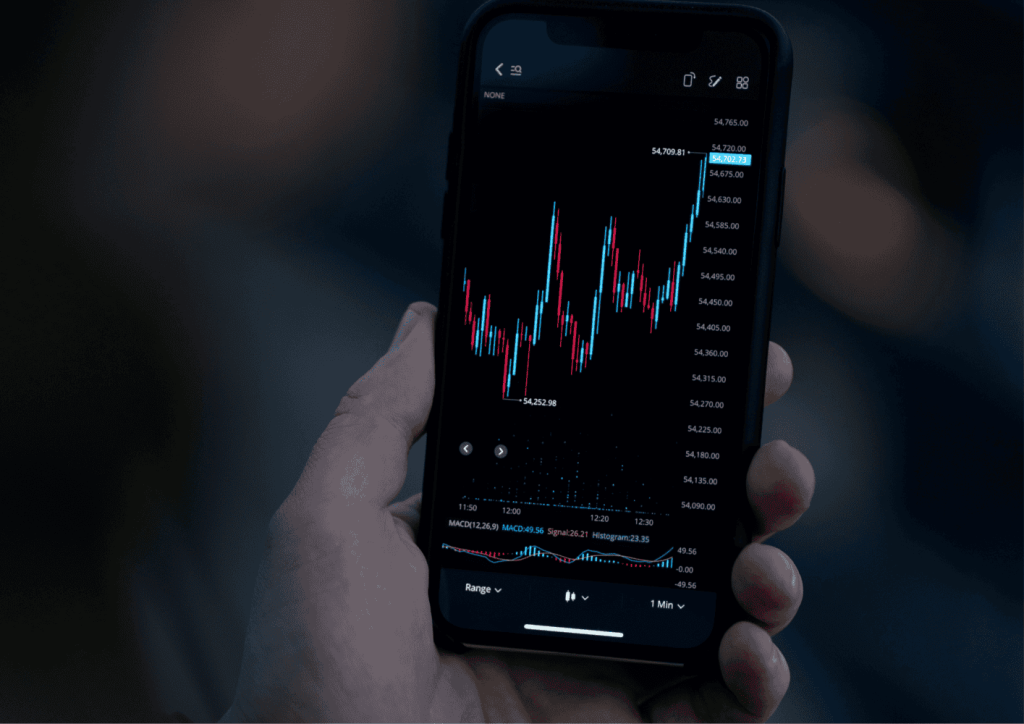Forex trading, a pivotal aspect of the global financial landscape, is highly sensitive to global events. It operates on the delicate balance of international currencies, where even the slightest geopolitical shifts can trigger significant fluctuations. This dynamic market, underpinned by complex economic interactions, is particularly susceptible to changes in political climates. As traders and investors navigate through these waters, understanding the nuances of how political stability or instability affects currency values becomes crucial.
The main thrust of this discourse delves into the profound impact of political instability on Forex markets. Situations of “political unrest” and an “unstable political environment” often lead to unpredictable market movements, posing challenges and opportunities for traders. Conversely, “political stability” tends to foster a sense of security and predictability in the markets. These conditions, spanning from governmental shifts to socio-economic upheavals, hold the power to either strengthen or destabilize currencies, thereby directly influencing Forex trading strategies and decisions.
The Role of Political Stability in Economic Performance

Political stability plays a crucial role in bolstering economic growth and fostering economic development. A stable political environment provides a predictable setting for businesses, encouraging investment and innovation. This stability is key in driving economic activities and supporting sustainable development. In contrast, poor economic performance is often a hallmark of politically volatile regions, where uncertainty can deter investment and hinder economic progress.
The influence of various political parties and political regimes on an economy is profound. Each political system brings its own policies and priorities, which can significantly impact economic conditions. For instance, some regimes might focus on liberalization and foreign investment, while others may prioritize social welfare and domestic businesses. These policy choices, made by different political parties and regimes, directly shape the economic landscape, leading to either economic growth or poor economic performance, depending on their effectiveness and public reception.
The Effects of Political Unrest on International Trade and Investment
Political unrest significantly impacts international trade and investment, often leading to a reduction in both. Instability and uncertainty associated with political turmoil deter investors, who seek stable environments for long-term returns. This hesitancy can lead to a decline in foreign direct investment, crucial for economic growth. Additionally, international trade faces disruptions in unstable political conditions, as supply chains and trade agreements become vulnerable to sudden changes.
Regions like the Middle East and North Africa provide stark examples of how political upheaval can disrupt economic activities. In these areas, ongoing conflicts and political transitions have led to significant economic challenges, impacting both domestic and international business operations. Furthermore, the collapse or significant changes in political systems and governments can lead to a loss of investor confidence, creating a ripple effect that hampers not only local but also global trade dynamics. These scenarios underscore the critical need for political stability to sustain healthy international trade and investment.
Also Read: Public Markets vs. Private Markets
The Broader Context: How Global Issues Affect Forex

In the broader context, global issues like climate change, violent crime, and terrorism emerge as major drivers in Forex volatility. These complex and multifaceted challenges have far-reaching impacts on the global economic landscape, influencing market sentiments and currency values. Climate change, for instance, poses significant risks to economic stability, affecting sectors like agriculture, energy, and insurance, which in turn influence national economies and their currencies. Similarly, violent crime and terrorism create an environment of uncertainty and risk, factors that investors and traders are keenly sensitive to, often resulting in abrupt movements in Forex markets.
These global challenges are deeply interconnected with political stability. A stable political environment can mitigate the impacts of these issues through effective policy-making and international cooperation. Conversely, political instability can exacerbate these problems, creating a vicious cycle that further destabilizes economies. For example, inadequate responses to climate change or failure to control violent crime and terrorism can undermine public trust in governments, leading to political unrest and further economic volatility. This intricate web of interdependencies highlights the importance of holistic approaches in understanding and navigating the Forex markets.
The Impact of Political Instability in Specific Regions

In today’s world, the impact of political instability in specific regions like the Middle East, North Africa, and India has significant implications for Forex markets. These areas, often marked by political turmoil and conflict, present a clear example of how regional instability can lead to currency fluctuations. The Middle East, with its rich oil reserves and strategic geopolitical position, sees its currency values greatly influenced by political events, including conflicts and diplomatic relations. Similarly, in North Africa, political upheavals can lead to economic disruptions, affecting not only local currencies but also having ripple effects on global Forex markets.
Regional conflicts and violence in these areas contribute to a sense of uncertainty, which is a major driver of Forex market volatility. For instance, military actions or civil unrest can disrupt trade routes and economic activities, leading to sudden changes in currency supply and demand. In India, political decisions or tensions with neighboring countries can swiftly impact its currency, reflecting the country’s growing importance in the global economy. These scenarios highlight how regional political dynamics, especially in geopolitically sensitive areas, play a crucial role in shaping Forex market trends.
Political Instability and Its Long-Term Effects
Political instability, characterized by radical changes, crisis situations, and government collapse, can profoundly impact a country’s long-term economic outlook. Such instability often leads to a lack of consistent economic policies, deterring both domestic and foreign investments critical for sustained growth. The uncertainty and risk associated with these political shifts can stifle economic innovation and expansion, resulting in a prolonged period of stagnation or decline. Historical evidence across decades and human history shows that countries experiencing prolonged political turmoil often struggle to achieve robust economic performance.
Looking through the lens of history, it becomes evident that the repercussions of political instability echo far beyond immediate economic indicators. For instance, government collapse or persistent crisis situations can lead to long-lasting damage to a nation’s economic infrastructure, eroding investor confidence and diminishing its capacity to engage in global trade effectively. These scenarios underscore the critical importance of political stability, not just as a short-term necessity but as a cornerstone for sustainable economic development over decades and throughout human history.
Strategies for Forex Traders in Times of Political Instability

In times of political instability, Forex traders face heightened levels of uncertainty, instability, and disruption. Navigating these turbulent waters requires a strategic approach, emphasizing agility and informed decision-making. Traders should be prepared to quickly adjust their strategies in response to sudden political shifts. This involves closely monitoring market indicators and being ready to respond to rapid changes in currency values. Additionally, risk management becomes paramount; diversifying portfolios and setting stringent stop-loss orders can help mitigate potential losses in volatile markets.
The importance of thorough research and staying updated on political systems, government policies, and regional developments cannot be overstated for Forex traders. Understanding the political landscape and anticipating potential policy changes can provide crucial insights into market movements. Staying informed about regional and international news helps traders forecast potential market reactions to political events. This knowledge enables traders to make more calculated decisions, positioning themselves advantageously in a market that is often swayed by geopolitical dynamics.
Also Read: Geopolitical Events on Forex Markets
Conclusion
The intricate interplay between political instability and Forex markets underscores the volatile nature of global finance. Political events, ranging from elections and policy shifts to more dramatic upheavals like coups or economic sanctions, can have immediate and profound effects on currency values. This volatility, while presenting risks, also offers opportunities for astute traders who can navigate these choppy waters effectively. The ability to quickly adapt to changing political landscapes and adjust trading strategies accordingly is a key skill in this dynamic market.
Understanding global politics and economic indicators is essential for successful Forex trading. The complexities of international relations and economic policies are deeply entwined with market movements. Traders who invest time in understanding these dynamics gain a significant advantage. They can anticipate market trends, manage risks more effectively, and capitalize on the opportunities that arise from political and economic shifts. In an ever-changing world, this knowledge is not just advantageous; it’s essential for long-term success in Forex trading.
FAQs
How Does Political Instability Affect Forex Markets?
Political instability can lead to significant fluctuations in Forex markets. Changes in government, policy shifts, and geopolitical tensions can alter investor confidence and currency valuations. During times of instability, currencies may weaken due to reduced foreign investment and trade disruptions. Traders should closely monitor political developments as they can have immediate and impactful effects on Forex trading.
Why is Understanding Global Politics Important for Forex Traders?
Global politics play a critical role in shaping economic policies and market sentiments. For Forex traders, understanding political dynamics, policy changes, and geopolitical events is crucial. This knowledge helps in forecasting potential market movements and making informed trading decisions. Keeping abreast of international political developments can give traders a competitive edge in predicting currency trends.
What Strategies Should Forex Traders Adopt in Politically Unstable Times?
During politically unstable times, Forex traders should focus on risk management and adaptability. Diversifying portfolios, setting stop-loss orders, and being ready to adjust strategies quickly are key. Staying informed about political and economic developments, both regionally and globally, allows traders to anticipate market reactions and protect their investments from sudden currency swings.



